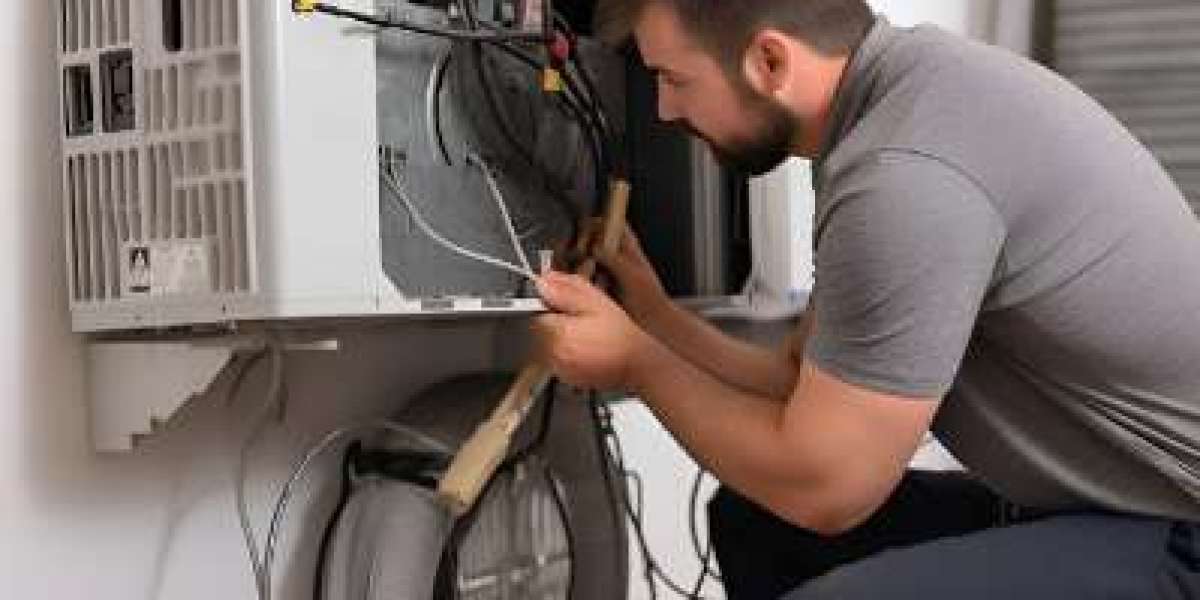As homeowners, we often overlook the importance of our water heaters until they fail us, leaving us with cold showers and frustration. However, when the time comes for a water heater replacement, it presents an opportunity to make an informed decision that not only restores hot water supply but also enhances energy efficiency and reduces utility bills. In this comprehensive guide, we will explore the key factors to consider when replacing your water heater, the types of water heaters available, and the benefits of upgrading to a more efficient model.
Signs it's Time for a Replacement:
Before delving into the replacement process, it's crucial to recognize the signs indicating that your water heater is nearing the end of its lifespan. Common indicators include:
Age: Most conventional water heaters have a lifespan of 10-15 years. If your unit is approaching or surpassing this timeframe, it's wise to start considering a replacement.
Inconsistent Heating: If you notice inconsistent water temperatures or lukewarm water even when the thermostat is set appropriately, your water heater may be failing.
Strange Noises: Sediment buildup over the years can lead to rumbling or popping sounds in the tank, signaling the need for maintenance or replacement.
Leaks: Water pooling around the base of the water heater is a clear indication of a problem. Leaks can be caused by corrosion, cracks, or other issues that may necessitate replacement.
Types of Water Heaters:
Once you've determined the need for a replacement, the next step is choosing the right type of water heater for your home. There are several options available, each with its own advantages and considerations:
Storage Tank Water Heaters: These are the most common type, storing and heating a large volume of water in a tank. They are relatively affordable but can be less energy-efficient than other options.
Tankless Water Heaters: Also known as on-demand water heaters, these units heat water directly as it flows through the device, providing hot water instantly. They are more energy-efficient and space-saving, but initial costs may be higher.
Heat Pump Water Heaters: This type utilizes electricity to move heat from the air or ground to heat water. They are energy-efficient but may be less effective in colder climates.
Solar Water Heaters: Harnessing energy from the sun, solar water heaters are eco-friendly and can significantly reduce energy costs over time. However, they may require a larger upfront investment.
Energy Efficiency and Cost Savings:
With increasing awareness of environmental impact and rising energy costs, homeowners are increasingly prioritizing energy-efficient appliances. When selecting a new water heater, consider its Energy Factor (EF) – a measure of overall efficiency. Higher EF ratings indicate greater energy efficiency.
While energy-efficient models may have a higher initial cost, they often result in significant long-term savings on utility bills. Many energy-efficient water heaters also qualify for government incentives or rebates, further reducing the overall cost of replacement.
Proper Sizing:
Choosing the right size for your new water heater is crucial to ensure optimal performance and efficiency. A unit that is too small may struggle to meet your household's hot water demands, leading to inadequate heating, while an oversized unit may result in unnecessary energy consumption.
To determine the appropriate size, consider factors such as the number of occupants in your home, the number of bathrooms, and your typical hot water usage patterns. Consulting with a professional plumber can help you accurately assess your needs and select the right-sized water heater.
Professional Installation:
While some homeowners may attempt a DIY water heater replacement, it's often a task best left to professionals. Improper installation can lead to issues such as leaks, reduced efficiency, and even safety hazards. A licensed plumber has the expertise to install the new unit correctly, ensuring it operates efficiently and meets safety standards.
Conclusion:
Water heater replacement is a significant investment that can enhance your home's comfort, energy efficiency, and overall functionality. By recognizing the signs of a failing water heater, choosing the right type and size for your needs, prioritizing energy efficiency, and opting for professional installation, you can enjoy a reliable and cost-effective hot water supply for years to come. Make the most of this opportunity to upgrade your home's infrastructure, and you'll reap the benefits in terms of comfort, savings, and sustainability.







